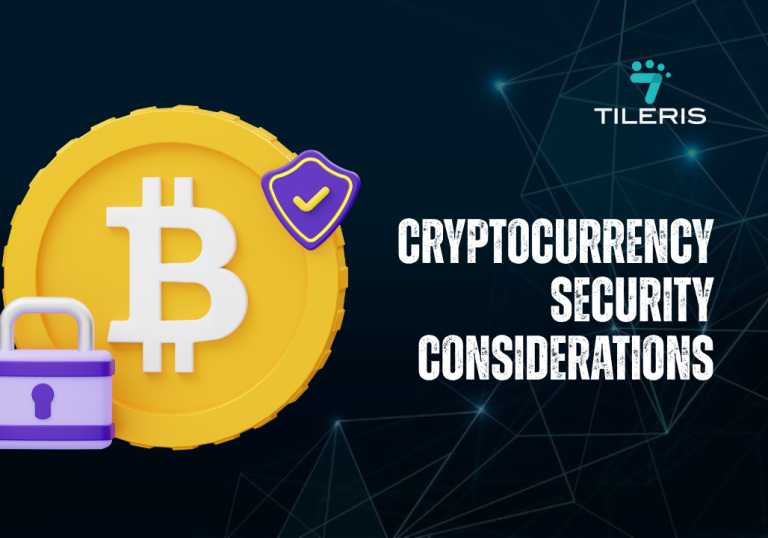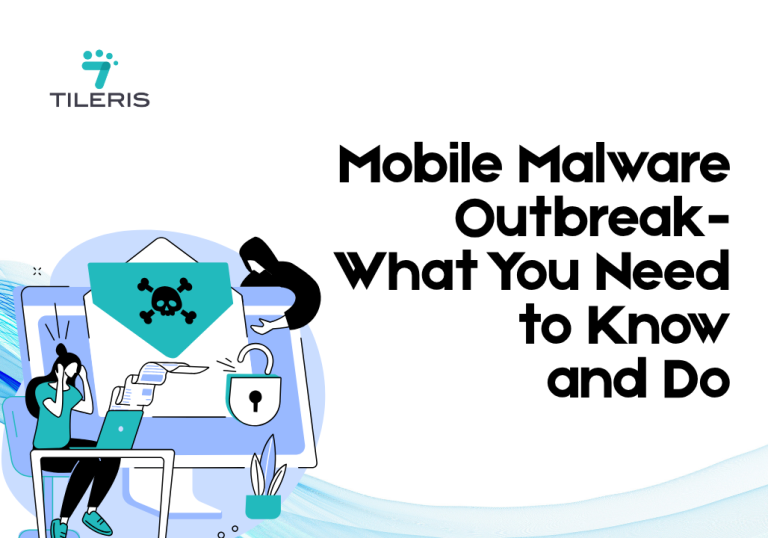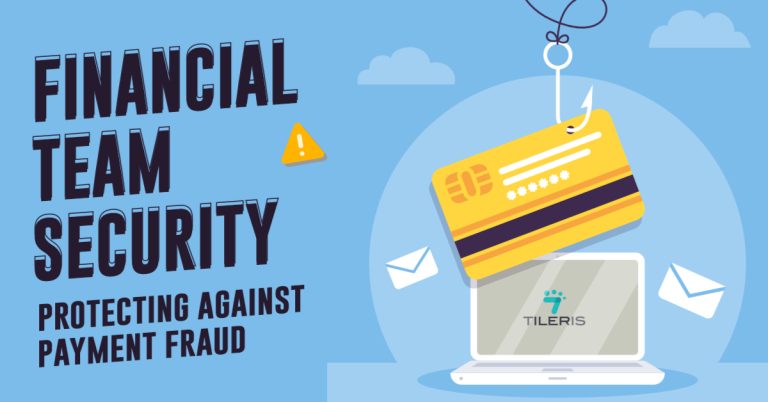This Is The Easiest Cybersecurity Job To Get – Here Is Why
Introduction
The cybersecurity industry is booming, with digital threats constantly evolving and organizations scrambling to protect their assets. This high demand has created a wealth of job opportunities, but navigating the diverse roles and their varying entry requirements can be daunting. While some cybersecurity positions demand extensive experience and highly specialized skills, there’s one role that stands out as a relatively accessible entry point for aspiring professionals: the Cybersecurity Analyst. This article will delve into why this position is often considered one of the easiest cybersecurity job to get, detailing its responsibilities, necessary skills, and potential career trajectory.
Choosing the Job – Cybersecurity Analyst
Among the numerous cybersecurity roles, the Cybersecurity Analyst position is frequently cited as a strong entry-level option. Unlike highly specialized roles such as a “Junior Penetration Tester,” which often require advanced ethical hacking knowledge, or a broad “Information Security Specialist”, which can encompass managerial duties, the Cybersecurity Analyst role provides a foundational understanding of security operations. It’s where many begin their cybersecurity journey, learning the ropes of defense and incident response.
Job Description and Responsibilities
A Cybersecurity Analyst is essentially a digital protector, acting as the first line of defense for an organization’s computer networks and systems. Their primary goal is to prevent security breaches and respond swiftly when they occur.
Key Tasks and Duties:
- Monitoring Security Alerts: Constantly watching Security Information and Event Management (SIEM) tools and other security systems for suspicious activities, anomalies, and potential threats.
- Incident Response: Investigating security incidents, analyzing their scope, containing the threat, and assisting in recovery efforts. This often includes writing detailed incident reports.
- Vulnerability Management: Conducting regular security assessments, vulnerability scanning, and risk analysis to identify weaknesses in systems and applications.
- Implementing Security Measures: Assisting with the installation, configuration, and maintenance of security software such as firewalls, antivirus programs, and intrusion detection/prevention systems.
- Security Awareness: Educating employees on cybersecurity best practices and promoting a culture of security within the organization.
- Threat Research: Staying updated on the latest cyber threats, attack methods, and security trends to anticipate and defend against emerging risks.
- Necessary Skills and Qualifications (covered in detail in Step 5): A blend of technical knowledge (networking, operating systems) and crucial soft skills (problem-solving, communication).
- Typical Work Environment: Cybersecurity Analysts typically work in office environments, often within a Security Operations Center (SOC), where they monitor systems. While primarily desk-based, the work can be dynamic, particularly during a security incident, which may require quick thinking and collaboration.
Why It’s Easy to Get
The Cybersecurity Analyst role stands out as a relatively accessible entry point for several compelling reasons:
- High Demand for Cybersecurity Professionals: The digital world faces a severe shortage of skilled cybersecurity professionals. Cybercrime costs are projected to continue rising, driving an insatiable demand for individuals who can protect digital assets. This creates numerous job openings, including a significant number of entry-level positions, making it easier for newcomers to break in. According to recent data, there are hundreds of thousands of unfilled cybersecurity jobs globally, and the demand for Information Security Analysts specifically is projected to grow significantly faster than the average for all occupations.
- Availability of Training and Certification Programs: Unlike some highly specialized tech roles that demand years of formal education, the cybersecurity field has a robust ecosystem of accessible training programs, bootcamps, and industry-recognized certifications. These programs often provide the foundational knowledge and practical skills employers seek for entry-level analyst roles, offering a faster path to employment than traditional four-year degrees alone.
- Entry-Level Positions Available: Many organizations actively seek “junior” or “entry-level” Cybersecurity Analysts to staff their SOCs or assist senior personnel. These roles are designed for individuals who may not have extensive professional experience but possess foundational knowledge and a strong eagerness to learn and develop within the field. Companies are often willing to train promising candidates, especially given the talent shortage.
Skills and Qualifications
To succeed as a Cybersecurity Analyst, a combination of technical acumen and crucial soft skills is essential.
Technical Skills:
- Networking Fundamentals: Understanding TCP/IP, firewalls, routers, switches, and network protocols.
- Operating Systems: Proficiency in Windows, Linux, and macOS, including command-line interfaces.
- Security Concepts: Knowledge of security principles like encryption, access control, vulnerability management, and incident response.
- Threat Detection Tools: Familiarity with SIEM (Security Information and Event Management) tools, intrusion detection systems (IDS), and antivirus software.
- Basic Scripting/Programming: Knowledge of scripting languages like Python or PowerShell can be beneficial for automating tasks.
- Cloud Security Awareness: Understanding basic cloud concepts and security considerations for platforms like AWS, Azure, or Google Cloud is becoming increasingly valuable.
Soft Skills:
- Problem-Solving and Analytical Thinking: The ability to analyze complex security incidents, identify root causes, and devise effective solutions.
- Communication: Clearly explaining technical issues to both technical and non-technical stakeholders, writing detailed reports, and collaborating with team members.
- Attention to Detail: Meticulously monitoring logs and alerts to spot subtle signs of malicious activity.
- Calm Under Pressure: The capacity to respond effectively and prioritize tasks during high-stress security incidents.
- Continuous Learning/Curiosity: Cybersecurity is an ever-evolving field, requiring a constant commitment to learning new threats, technologies, and mitigation strategies.
Relevant Certifications or Training:
While a bachelor’s degree in computer science or a related field is often preferred, many entry-level positions value practical skills demonstrated through certifications. Highly recommended certifications for aspiring Cybersecurity Analysts include:
- CompTIA Security+: A foundational vendor-neutral certification covering core security concepts.
- CompTIA CySA+ (Cybersecurity Analyst+): Focuses specifically on cybersecurity analysis, threat detection, and incident response.
- (ISC)² SSCP (Systems Security Certified Practitioner): An entry-level certification for practitioners in operational IT security.
- Google Cybersecurity Professional Certificate: A beginner-level professional certificate providing foundational cybersecurity skills.
Career Path and Growth Opportunities
The Cybersecurity Analyst role is not just an easy entry point; it’s a springboard to a diverse and rewarding career within cybersecurity.
- Advancement to Senior Roles: With experience, Cybersecurity Analysts can progress to Senior Cybersecurity Analyst, Lead Analyst, or Security Operations Center (SOC) Manager roles, overseeing teams and more complex security initiatives.
- Specialization in a Particular Area of Cybersecurity: The generalist nature of an analyst role allows individuals to discover their interests and specialize. Potential specializations include:
- Incident Response Specialist: Focusing solely on the aftermath of breaches.
- Vulnerability Management Specialist: Deep diving into identifying and patching system weaknesses.
- Threat Intelligence Analyst: Researching and tracking cybercriminal groups and their tactics.
- Cloud Security Analyst: Specializing in securing cloud environments.
- Security Engineer/Architect: Moving into designing and building secure systems.
- Opportunities for Professional Development and Training: The cybersecurity field constantly offers new certifications, advanced training courses, and conferences. Organizations often support ongoing education to keep their security teams at the forefront of threat defense, providing ample opportunities for continuous learning and skill enhancement.
Conclusion
For those looking to break into the dynamic and critical field of cybersecurity, the Cybersecurity Analyst position stands out as an excellent, accessible starting point. Its high demand, coupled with the availability of effective training and certification programs, creates a fertile ground for aspiring professionals.41 With responsibilities ranging from vigilant monitoring to critical incident response, and a clear path for specialization and advancement, this role offers a fulfilling and impactful career. If you possess a keen interest in technology, a knack for problem-solving, and a commitment to continuous learning, considering a career as a Cybersecurity Analyst could be your easiest and most rewarding gateway into the world of digital defense.
For those navigating the dynamic world of digital defense, whether you’re an aspiring Cybersecurity Analyst or an organization seeking to fortify your cyber posture, proactive measures are key. To equip yourself with essential strategies for safeguarding your digital assets, download our free Security Checklist at tileris.com today. And for any specific cybersecurity concerns, from career guidance to advanced threat protection, know that our experts are readily available to provide dedicated support and consultation for your unique needs.







